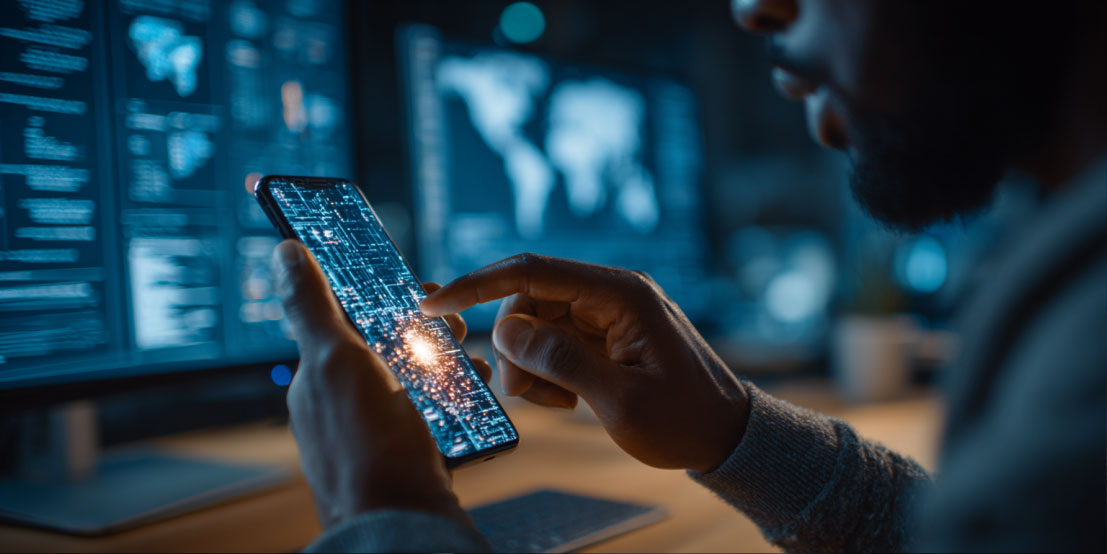
Demystifying Your Digital Identity: What Is My IP Address?
In the vast expanse of the internet, every device has a unique identifier that allows it to communicate with other devices. This identifier is known as an IP address, and it plays a crucial role in how data is routed online. But what exactly is an IP address, and why should you care about it? This comprehensive guide will delve into the intricacies of IP addresses, their types, how to find yours, and why understanding this information is essential in today’s digital age.
Understanding the Basics: What Is an IP Address?
An IP address (Internet Protocol address) is a numerical label assigned to each device connected to a computer network that uses the Internet Protocol for communication. Think of it as your home address but for your digital devices. It enables data to be sent and received across networks, ensuring that information reaches the correct destination.
Types of IP Addresses
IP addresses can be broadly categorized into two types: IPv4 and IPv6. Here’s a quick comparison:
| Feature | IPv4 | IPv6 |
|---|---|---|
| Address Format | 32-bit numeric address (e.g., 192.168.1.1) | 128-bit alphanumeric address (e.g., 2001:0db8:85a3:0000:0000:8a2e:0370:7334) |
| Address Space | Approximately 4.3 billion addresses | Approximately 340 undecillion addresses |
| Adoption | Widely used but running out of addresses | Designed to replace IPv4 and provide more addresses |
How to Find Your IP Address
Finding your IP address is a straightforward process. Here are a few methods:
- Using a Web Service: One of the easiest ways to find your public IP address is by using a web service like What Is My IP Address. Simply visit the website, and it will display your public IP address.
- Command Line: On Windows, you can open the Command Prompt and type “ipconfig” to find your local IP address. On macOS or Linux, use the “ifconfig” command.
- Router Settings: Your router’s settings page often displays the IP addresses of all connected devices.
The Importance of Knowing Your IP Address
Understanding your IP address can be beneficial for several reasons:
- Network Troubleshooting: Knowing your IP address can help in diagnosing network issues and configuring devices.
- Security: Monitoring your IP address can help detect unauthorized access to your network.
- Geolocation: Websites can use your IP address to provide location-specific content or services.
- Remote Access: Your IP address is essential for setting up remote access to your home network or devices.
IP Addresses and Privacy
While IP addresses are necessary for internet communication, they can also raise privacy concerns. Your IP address can reveal your approximate location and, in some cases, your internet service provider. This information can be used for targeted advertising, tracking, or even malicious activities. To protect your privacy, consider using a VPN (Virtual Private Network) or other privacy-enhancing tools.
FAQs
- What is the difference between a public and a private IP address?
A public IP address is assigned to your router by your internet service provider and is visible to the internet. A private IP address is used within your local network to identify devices and is not visible to the internet.
- Can my IP address change?
Yes, your public IP address can change, especially if you have a dynamic IP address assigned by your ISP. This can happen when you restart your router or when your ISP reassigns addresses.
- How can I hide my IP address?
You can hide your IP address using a VPN, proxy server, or Tor network. These tools route your internet traffic through different servers, masking your original IP address.
- What is the role of IP addresses in cybersecurity?
IP addresses play a crucial role in cybersecurity. They help in identifying the source of attacks, blocking malicious traffic, and setting up secure connections. However, they can also be exploited by hackers for various malicious activities.
- How do websites use my IP address?
Websites use your IP address to provide location-specific content, track user behavior, and enhance security measures. However, they should always respect user privacy and comply with relevant regulations.
Conclusion
Understanding what an IP address is and how it functions is essential in today’s digital world. Whether you’re troubleshooting network issues, enhancing your online security, or simply satisfying your curiosity, knowing your IP address can be incredibly useful. By leveraging tools like What Is My IP Address, you can easily find and manage your IP address, ensuring a safer and more efficient online experience.
As the internet continues to evolve, so too will the role of IP addresses. Staying informed about these changes will help you navigate the digital landscape with confidence and security.